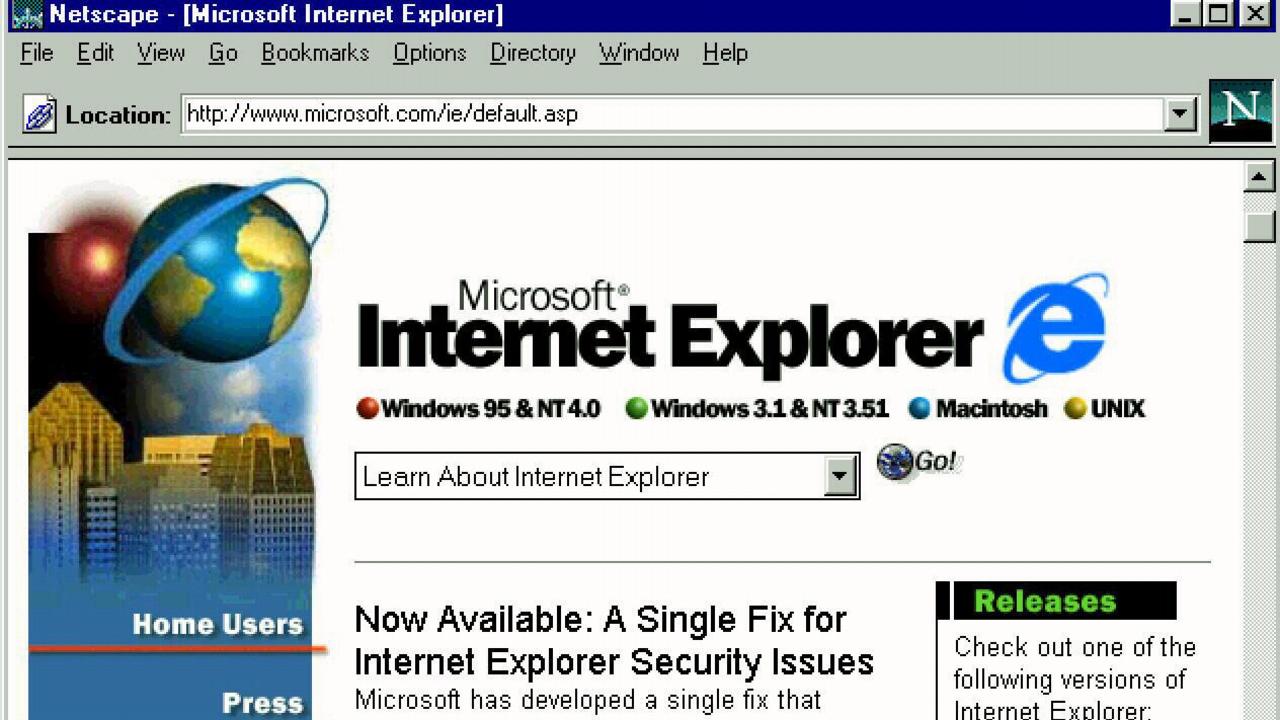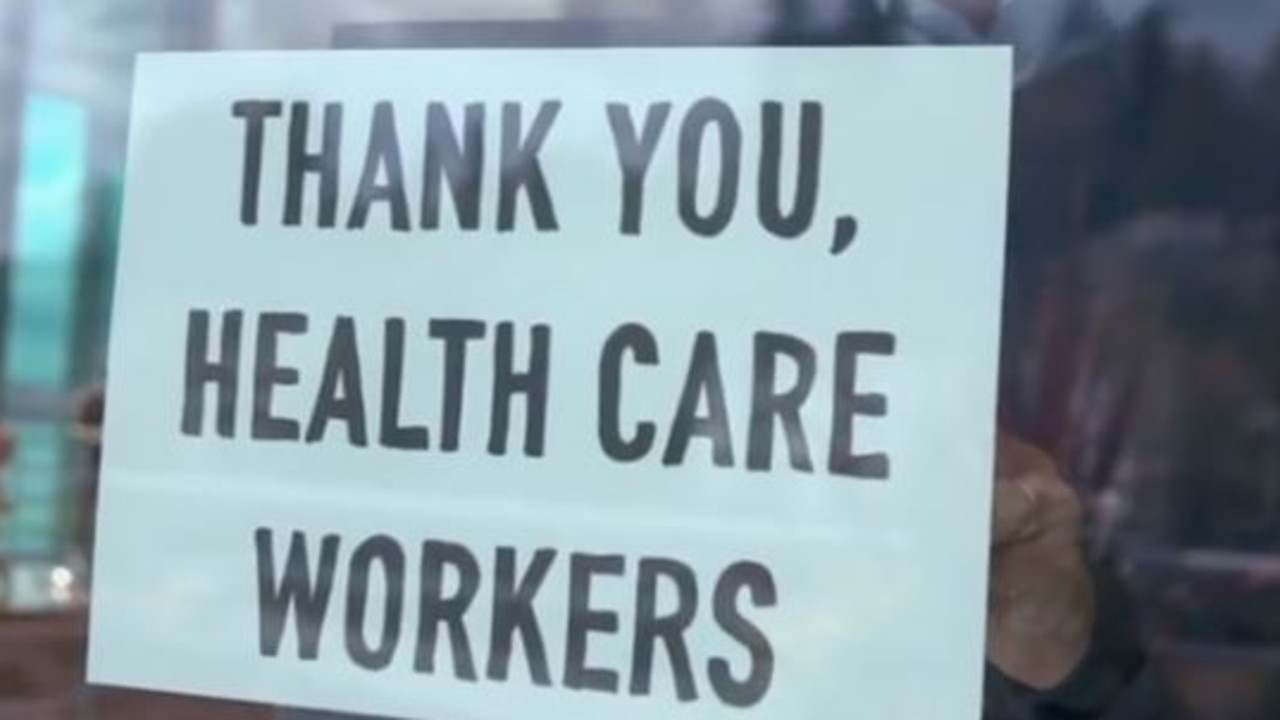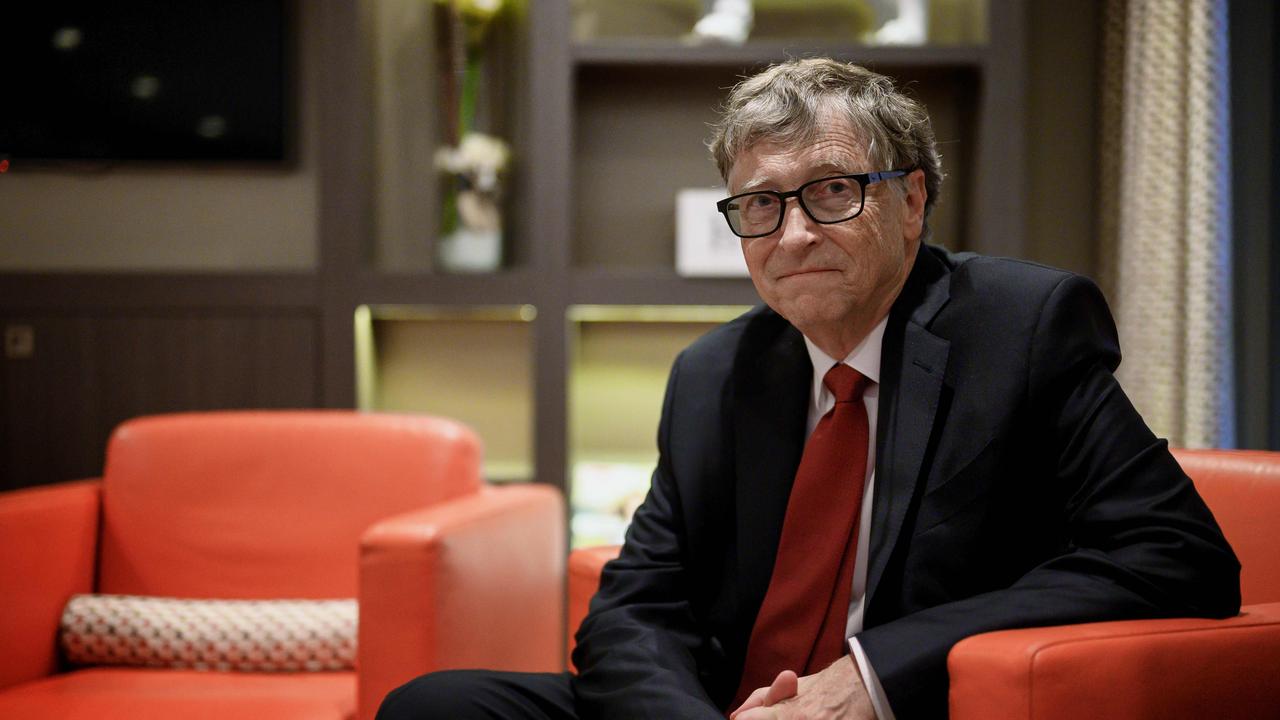Microsoft co-founder Paul Allen dies of cancer: family
PAUL Allen, who co-founded tech giant Microsoft with Bill Gates, has died just two weeks after announcing his battle with non-Hodgkin’s lymphoma.

BILLIONAIRE Paul Allen, who co-founded software giant Microsoft, has died after a battle with cancer.
The 65-year-old’s death came just two weeks after he announced his non-Hodgkin’s lymphoma had returned.
He died in Seattle from complications of the disease, his company Vulcan Inc. announced.
Allen co-founded Microsoft with his childhood friend Bill Gates, before becoming a philanthropist who invested in conservation, space travel and professional sports.
Some personal news: Recently, I learned the non-Hodgkin’s lymphoma I battled in 2009 has returned. I’ve begun treatment & my doctors are optimistic that I will see a good result. Appreciate the support I’ve received & count on it as I fight this challenge. https://t.co/ZolxS8lni5
— Paul Allen (@PaulGAllen) October 1, 2018
Microsoft chief executive Satya Nadella called Allen’s contributions to the company, community and industry “indispensable”.
“As co-founder of Microsoft, in his own quiet and persistent way, he created magical products, experiences and institutions, and in doing so, he changed the world,” Nadella wrote on Twitter.
In a statement, Allen’s sister Jody Allen said: “My brother was a remarkable individual on every level”.
“While most knew Paul Allen as a technologist and philanthropist, for us he was a much loved brother and uncle, and an exceptional friend,” she said in a statement.

“Paul’s family and friends were blessed to experience his wit, warmth, his generosity and deep concern.
“At this time of loss and grief for us — and so many others — we are profoundly grateful for the care and concern he demonstrated every day.”

Two weeks ago, Allen announced that the non-Hodgkin’s lymphoma that he was treated for in 2009 had returned and he planned to fight it aggressively.
Allen, an avid sports fan, owned NBA basketball team the Portland Trail Blazers, and NFL football team, the Seattle Seahawks.
PAUL ALLEN’S INCREDIBLE LIFE
Allen and Gates met while attending a private school in Seattle. The two friends would later drop out of college to pursue the future they envisioned: a world with a computer in every home.
Gates so strongly believed it that he left Harvard University in his junior year to devote himself full-time to his and Allen’s start-up. Allen spent two years at Washington State University before dropping out as well.
They founded the company in Albuquerque, New Mexico, and their first product was a computer language for the Altair hobby-kit personal computer, giving hobbyists a basic way to program and operate the machine.
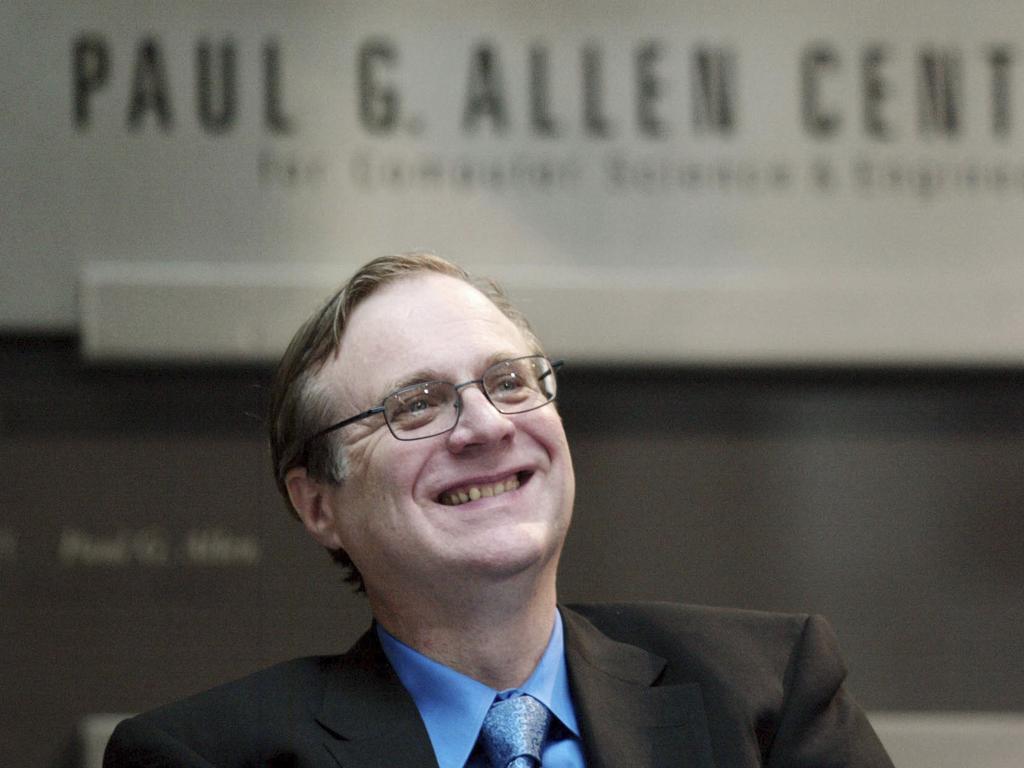
After Gates and Allen found some success selling their programming language, MS-Basic, the Seattle natives moved their business in 1979 to Bellevue, Washington, not far from its eventual home in Redmond.
Microsoft’s big break came in 1980, when IBM Corp. decided to move into personal computers and asked Microsoft to provide the operating system. Gates and company didn’t invent the operating system. To meet IBM’s needs, they spent $US50,000 to buy one known as QDOS from another programmer, Tim Paterson.
Eventually the product refined by Microsoft — and renamed DOS, for Disk Operating System — became the core of IBM PCs and their clones, catapulting Microsoft into its dominant position in the PC industry.
The first versions of two classic Microsoft products, Microsoft Word and the Windows operating system, were released in 1983.
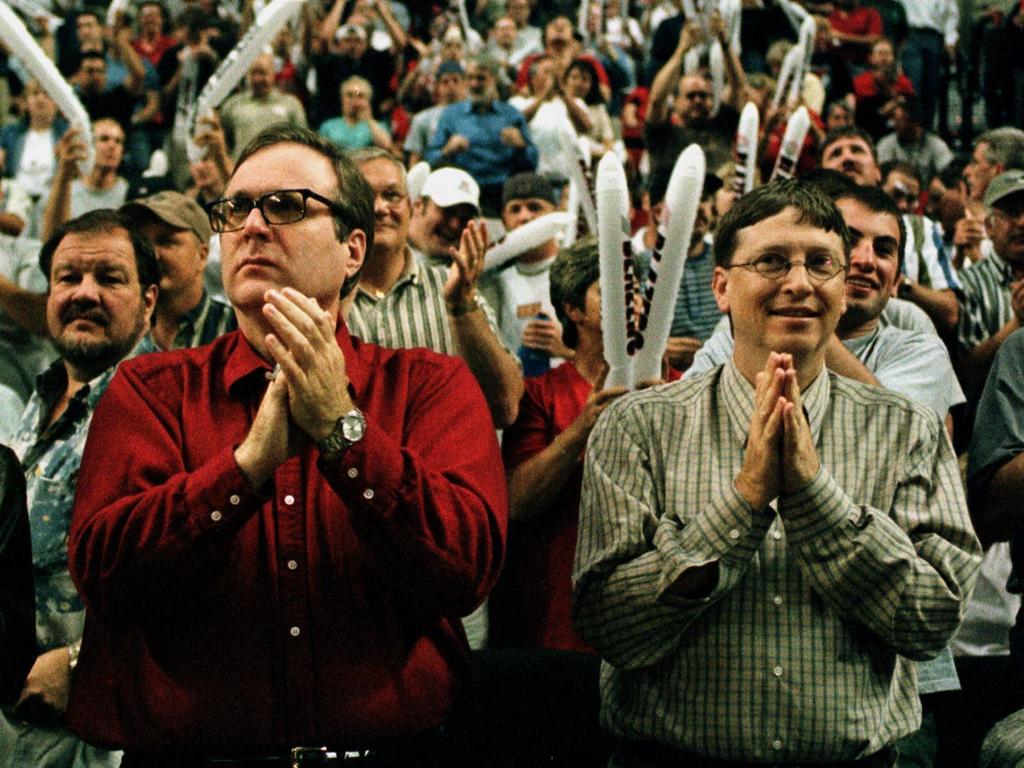
By 1991, Microsoft’s operating systems were used by 93 per cent of the world’s personal computers. The Windows operating system is now used on most of the world’s desktop computers, and Word is the cornerstone of the company’s prevalent Office products.
Gates and Allen became billionaires when Microsoft was thrust onto the throne of technology.
With his sister Jody Allen in 1986, Paul Allen founded Vulcan, the investment firm that oversees his business and philanthropic efforts.
He founded the Allen Institute for Brain Science and the aerospace firm Stratolaunch, which has built a colossal aeroplane designed to launch satellites into orbit. He has also backed research into nuclear-fusion power.
Over the course of several decades, Allen gave more than $US2 billion to a wide range of interests, including ocean health, homelessness and advancing scientific research.
Forbes estimated Allen’s net worth was $US20.3 billion. He was never married and had no children, and at times lived a reclusive lifestyle.
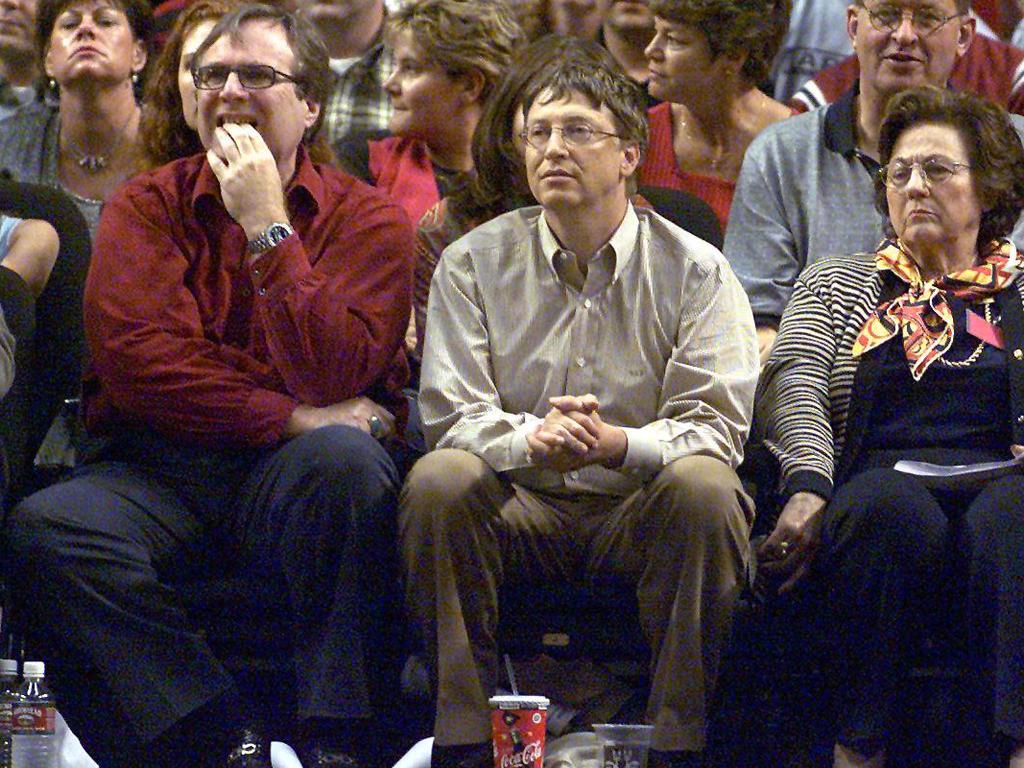
“Millions of people were touched by his generosity, his persistence in pursuit of a better world, and his drive to accomplish as much as he could with the time and resources at his disposal,” Vulcan chief executive Bill Hilf said in a statement.
Allen was on the list of America’s wealthiest people who pledged to give away the bulk of their fortunes to charity.
“Those fortunate to achieve great wealth should put it to work for the good of humanity,” he said.
When he released his 2011 memoir, Idea Man, he allowed 60 Minutes inside his home on Lake Washington, across the water from Seattle, revealing collections that ranged from the guitar Jimi Hendrix played at Woodstock to vintage war planes and a 300-foot yacht with its own submarine.
Allen served as Microsoft’s executive vice president of research and new product development until 1983, when he resigned after being diagnosed with cancer.
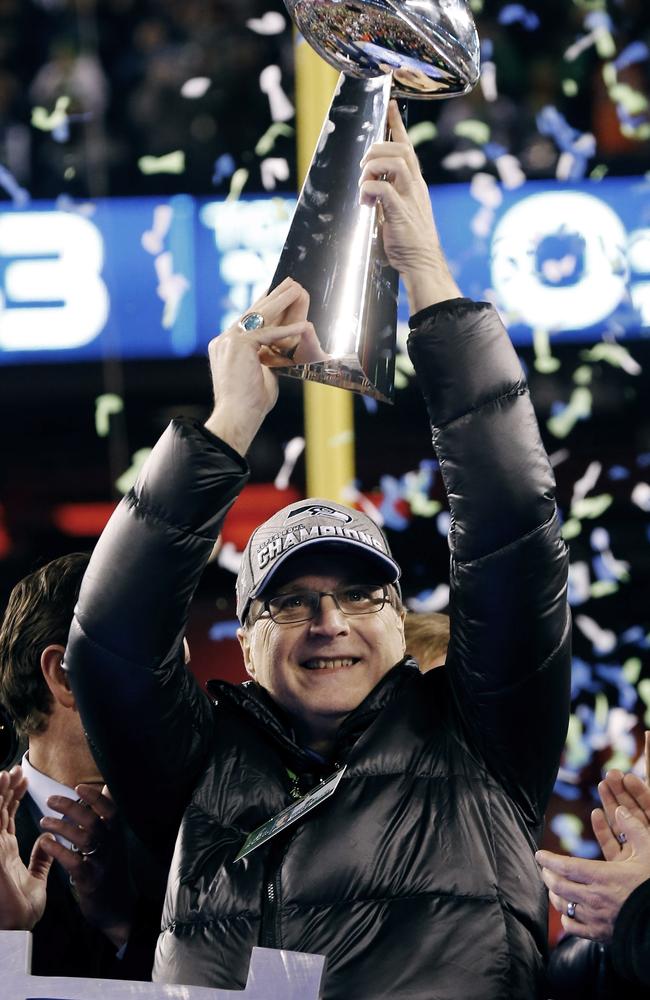
“To be 30 years old and have that kind of shock — to face your mortality — really makes you feel like you should do some of the things that you haven’t done yet,” Allen said in a 2000 book, Inside Out: Microsoft in Our Own Words.
His influence is firmly imprinted on the cultural landscape of Seattle and the Pacific Northwest, from the bright metallic Museum of Pop Culture designed by architect Frank Gehry to the computer science centre at the University of Washington that bears his name.
In 1988, at the age of 35, he bought the Portland Trail Blazers professional basketball team.
He said that “for a true fan of the game, this is a dream come true”.
Allen also was a part owner of the Seattle Sounders FC, a major league soccer team, and bought the Seattle Seahawks.
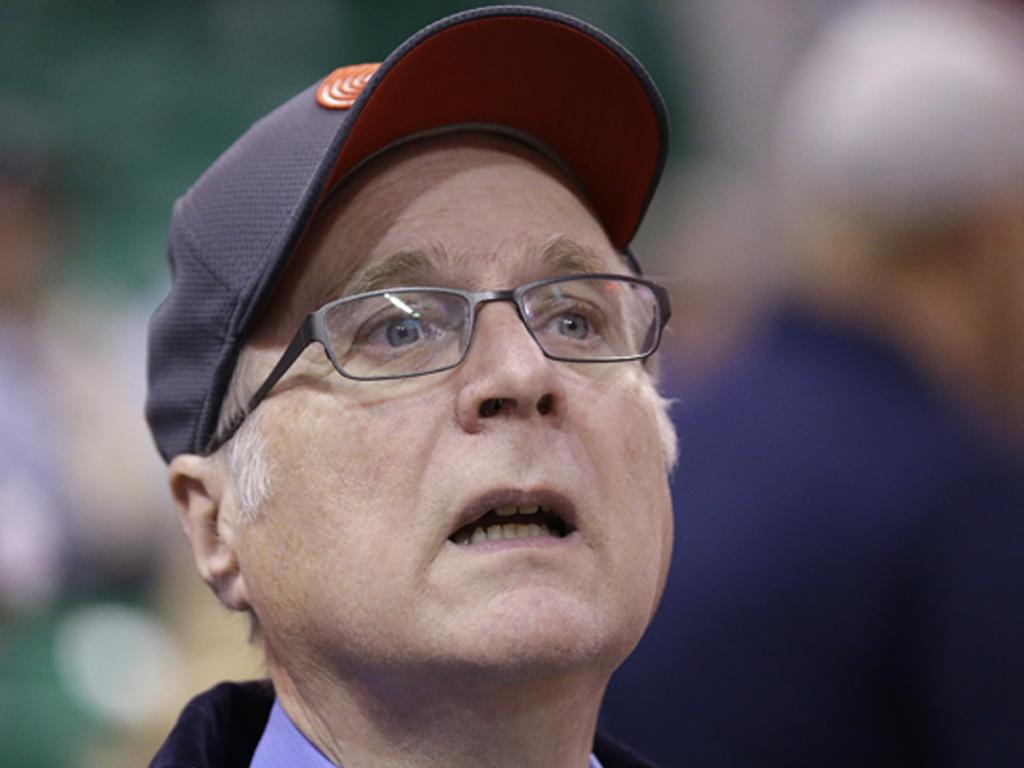
After leaving Microsoft, Allen turned his focus to a wide range of other business and scientific pursuits, which including founding the Allen Institute for Brain Science, and the real estate arm of Vulcan, which went on to build much of Amazon’s campus.
Allen also owned the Seattle Seahawks and the Portland Trailblazers.
“All of us who had the honor of working with Paul feel inexpressible loss today,” said a statement by Vulcan, which Allen launched in 1983.
Rest In Peace Paul Allen. Thank you for everything! You will be missed. My prayers go to the entire Allen family.
— Tyler Lockett (@TDLockett12) October 15, 2018
RIP to the man in charge of it all, Mr. Paul Allen. I hope we sent you out with high praises with our victory yesterday in London. You with the most high now, no more pain required.
— Frank Clark (@TheRealFrankC_) October 15, 2018
Paul Allen stands as a giant in Washington history for the genius vision that was so important to creating Microsoft with Bill Gates. That he went on to do so much more for our state, nation and the world puts him in rarefied company.
— Governor Jay Inslee (@GovInslee) October 15, 2018
NBA Commissioner Adam Silver released the following statement today regarding the passing of Portland Trail Blazers owner Paul Allen: pic.twitter.com/cXHQiUqnjQ
— NBA (@NBA) October 15, 2018
Incredibly saddened to hear of Paul Allen’s passing. An incredible legacy, including saving the #Seahawks franchise from leaving Seattle. RIP.
— Aaron Levine (@AaronQ13Fox) October 15, 2018
I don’t think anybody has had a bigger impact on Seattle over the past generation.
— Mike Baker (@ByMikeBaker) October 15, 2018
Building the region’s largest employer. The redevelopment of South Lake Union. A Super Bowl ring. Brain science. The arts. Philanthropy. Conservation.
RIP.https://t.co/7PzxP1jul9
"I looked at him as somebody I aspired to be." @Nate13Burleson discusses Paul Allen's impact on the city of Seattle and the @Seahawks.
— NFL Network (@nflnetwork) October 15, 2018
📺: @NFLTotalAccess pic.twitter.com/i06ZIQeXQE

